I love Danganronpa. I’ve been a fan of it ever since the anime, Danganronpa: The Animation, streamed a decade ago, and even though the franchise has concluded in a manner of speaking, I am still a dedicated fan of the series writer Kazutaka Kodaka, character designer Rui Komatsuzaki, and lead composer Masafumi Takada. I’ve followed nearly everything this crew has done since, and with the band reuniting to create the recently released Master Detective Archives: Rain Code, a spiritual successor to their work on Danganronpa, I figured now would be a great time to look back and see why the franchise has become so beloved and why it has fans rabidly encouraging anyone and everyone to give these games a shot.
Inspired by the 2001 Dreamcast game Illbleed of all things, Danganronpa sees a large cast of high school students, usually around age 15-16, become isolated and trapped in a high school and told to murder each other by the school’s psychotic headmaster, Monokuma. These students are unique though since they are considered the “ultimate” at a particular talent (or Super High School Level in Japanese). It could be for something relatively common like baseball, cooking, or swimming or something more outlandish like maid, dictator, or serial killer, but these students all have unique personas and even more unique mannerisms.
The only way for a student to leave the school is to murder another student, then get away with it in a class trial, where you need to collect evidence and testimony to determine who the killer was and hold them to justice. All the while, you’re also trying to figure out who among them is the mastermind pulling the strings and what the ultimate purpose of this whole experiment is.
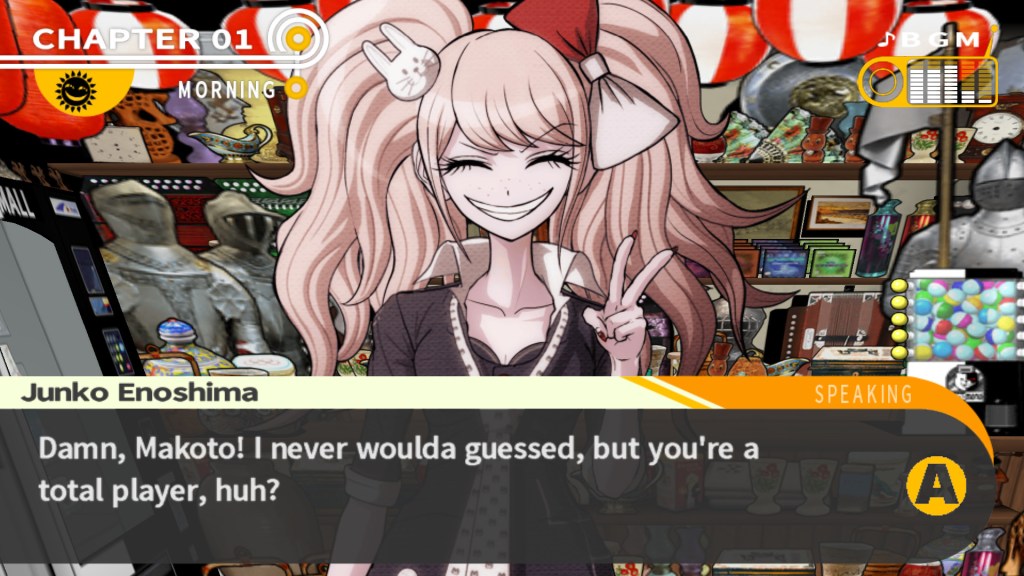
One of the most immediate reasons why this franchise has endeared itself to so many people is due to its absurdly large cast of characters. Each game will give you over a dozen new faces to flesh out, and with the game spending so much time getting to know these eccentric personalities, you’re bound to find at least one or two people you’ll like. With the stakes as high as they are, this leads to some soap opera drama between certain characters, watching a few of them develop friendships and even romances due to the time they spend together.
Indeed, a lot of Danganronpa feels like a soap opera for the anime community. Much like in a soap opera, emotions are so heightened and over the top that players can’t help but become invested in them. These games can go on for dozens of hours and have us become intimate with the cast to the point where even the slightest revelation about a character may reverberate with the rest of the people they’re stuck in isolation with. They’re not exactly relatable like most soap opera characters due to their extreme social status, but the problems they face are. There are characters who suffer from issues like depression and identity issues, and the games do not shy away from talking about them. Sometimes they aren’t handled well, (Don’t talk to any Danganronpa fan about Chihiro.) but there’s something to be said for at least generating discussion, even if the execution is at fault.
There is of course the myriad of overarching mysteries in each entry, whether isolated to a single chapter or developed over the course of the game, but Danganronpa will always try to take big swings and go for the fences. Each of its revelations is meant to be shocking, its reveals are meant to elicit an emotional reaction from the player, and the resolution often leaves players wondering if their actions, while justified, are necessary. It says a lot for the franchise that it can provide hours upon hours of entertainment despite the numerous and frequent decisions made by the characters that are just plain stupid and moronic that should make it blatantly obvious they are the killer. The solid characterization does a lot — and I mean a lot — of heavy lifting here.
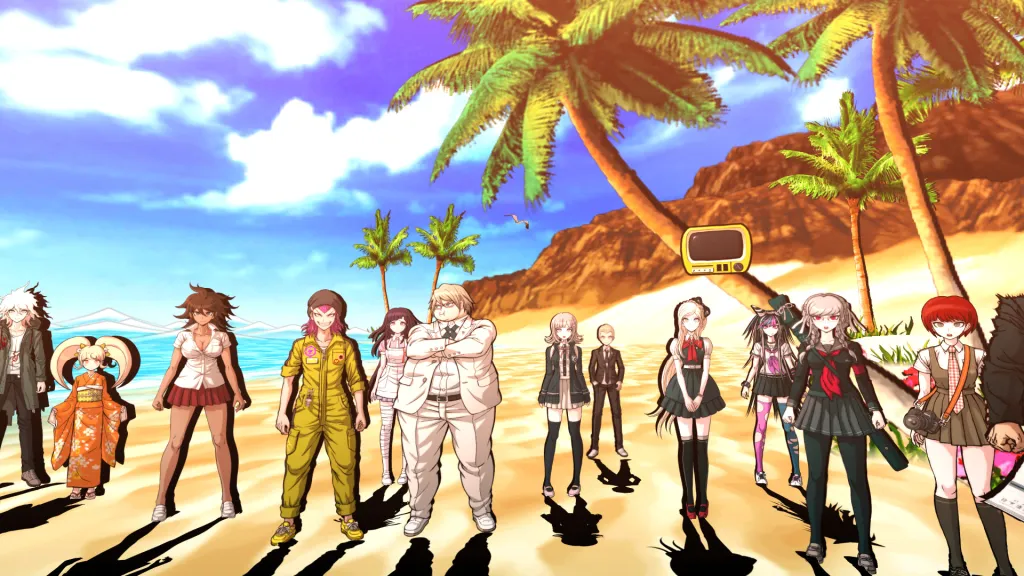
But the bold risks go beyond just the confines of the games themselves. The very structure and presentation of these narratives deserve mention too. In 2016, the franchise concluded its then-ongoing trilogy with a dual anime release, Danganronpa 3: Future Arc and Despair Arc. These series aired simultaneously, with the ideal way to watch them being to hop between each series as they aired. Never before have I seen an anime experiment with storytelling like that, and while this does create an uneven viewing experience, (The Despair Arc is by far the more interesting of the two due to its returning cast.) it still led to plenty of online discussion within the fan community as it aired.
The series even goes so far as to directly comment on its status within the anime community in its final game, Danganronpa V3: Killing Harmony. Without going into any spoilers on this immensely polarizing yet oh-so-satisfying conclusion, one of the final codas the game ends on is not exactly a condemnation of the fanbase that it created, but a representation of its fans and the franchise that they love. Fans are split on whether such a message ruins the entire point of the series and puts the escapist elements of that entry into an uncomfortable new light, but I can’t think of any franchise, anime or otherwise, that would even dare to conclude itself the way that V3 did.
And it’s those fans that are probably the most enduring element of the franchise. Whether coincidental or not, the rise of Danganronpa’s popularity in fan groups directly parallels the increasing popularity of anime in the West in the 2010s. During that decade, anime began to rise in prominence thanks to streaming and fan communities spreading information and sharing posts about their favorite titles. While I think it would be a gross exaggeration to say that Danganronpa was solely responsible for this spread, it at least had somewhat of a hand in it in those early days. You couldn’t go onto a site like Tumblr in the early 2010s and look at anime without something Danganronpa-related popping up at you.
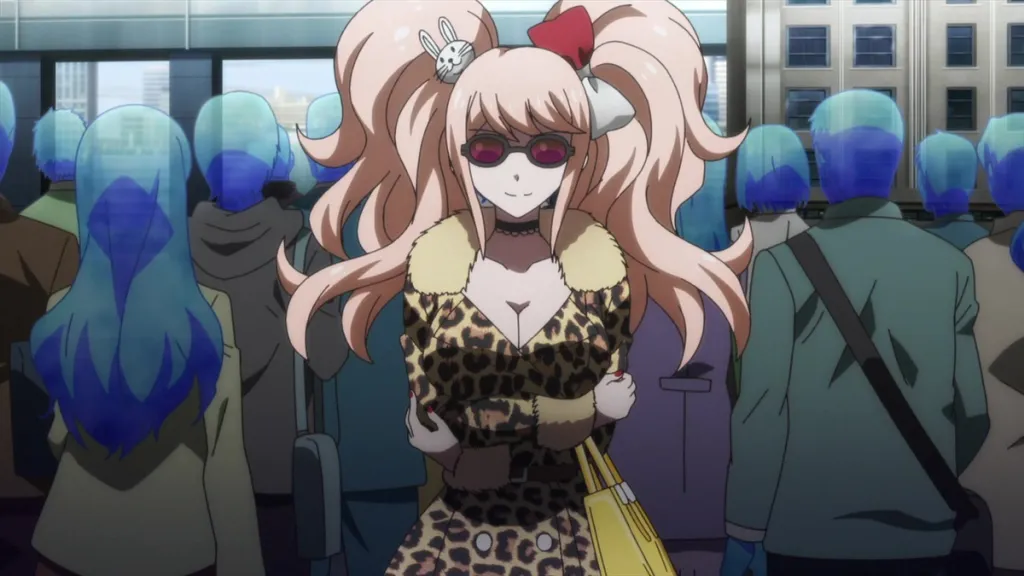
Even today, there’s something to admire about how Danganronpa has just pervaded anime culture and even modern-day culture in some small ways. It’s hard to look at any project that features an involvement by Kodaka, Komatsuzaki, and Takada and not think of Danganronpa. Sometimes it works, like with the brilliant Akudama Drive, while other times you get Tribe Nine. Danganronpa also has a rampant presence within the cosplay community, with premade costumes ready to go at the drop of a hat. It’s nearly impossible to hit any convention and not see at least one Danganronpa cosplay. And then you just have its general placement within the video game industry at the time it arrived, as one of the defining reasons to own a PlayStation Vita and its status now as one of the premier visual novels, with ports to modern systems like Nintendo Switch.
In truth, the anime adaptation of the first game that came out back in 2013 is probably the worst way to experience the Danganronpa franchise. It’s clunky and heavily condensed to the point where most of the intrigue that was present in the game has been removed. But that still doesn’t deny its importance. People flocked to that show that had never heard of the franchise before. I was one of those people after all. It introduced me to a franchise that I can say contains some of my favorite games of all time.
Fans of Danganronpa are a passionate bunch. Their voraciousness to get others to experience the series isn’t because they want to provoke some kind of reaction in people or because of how excessively anime it is, but rather getting them to experience something that engages them in the way few franchises ever could. Fan or not, you won’t ever forget your time with a Danganronpa game.

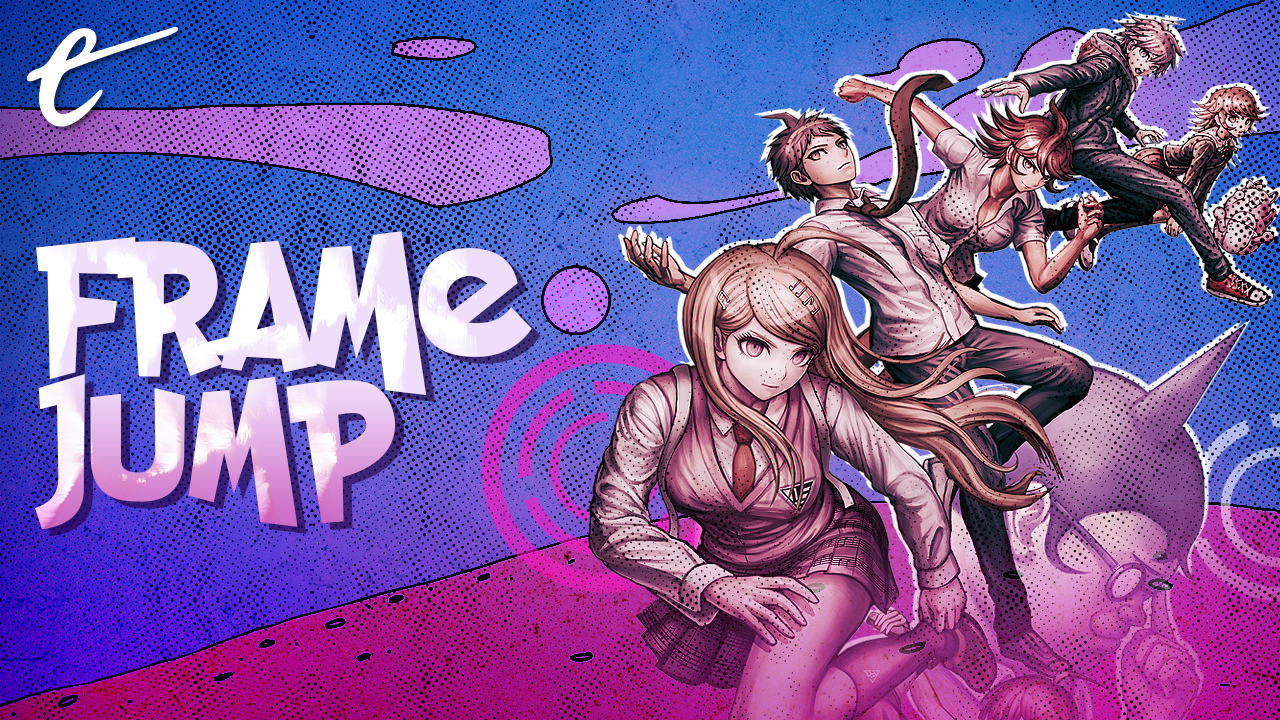



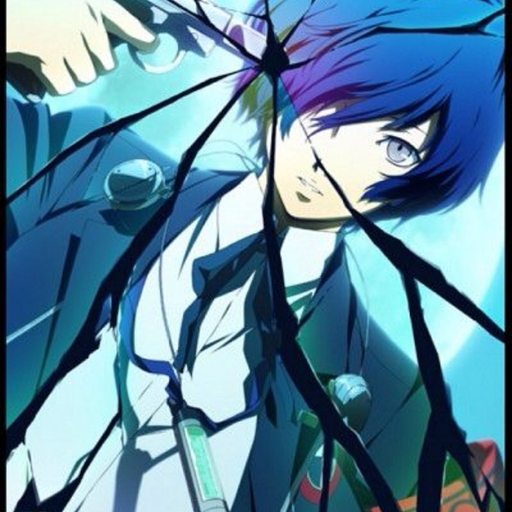
Published: Jul 14, 2023 12:00 pm